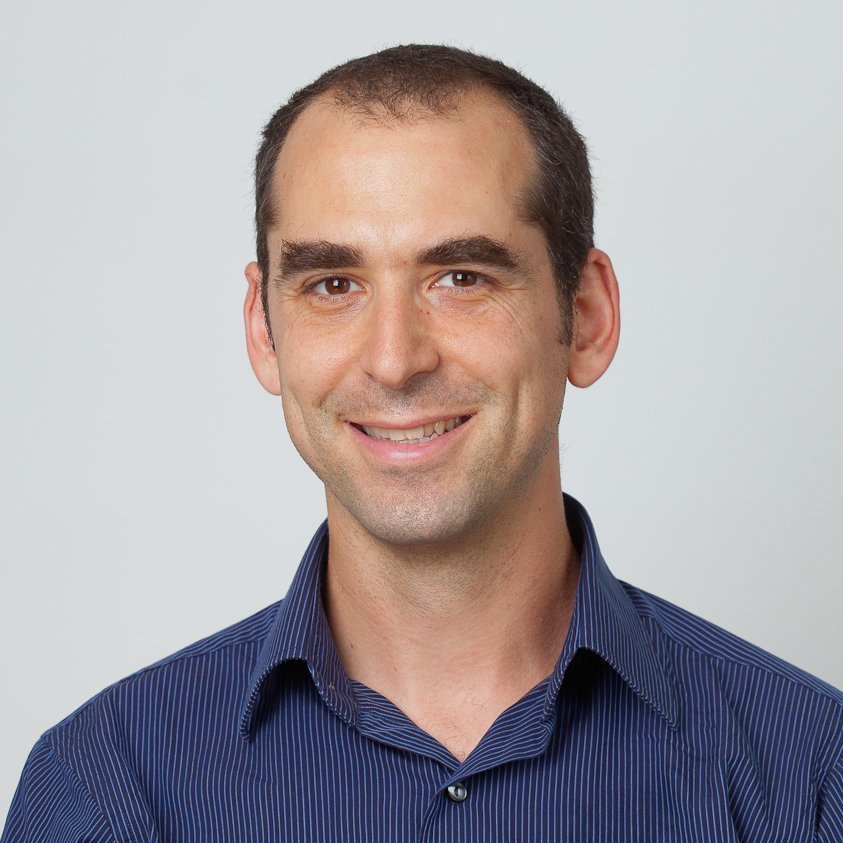By Nicholas G. Reich, Department of Biostatistics and Epidemiology, University of Massachusetts, School of Public Health and Health Sciences, Amherst, USA
Seasonal influenza outbreaks cause substantial annual morbidity and mortality worldwide. Accurate forecasts of key features of influenza epidemics, such as the timing and severity of the peak incidence in a given season, can inform public health response to outbreaks. As part of ongoing efforts to incorporate real-time data and advanced computational methods into public health decision-making, the United States Centers for Disease Control and Prevention (CDC) has organized real-time seasonal influenza forecasting challenges since 2013. This talk will summarize the recent collaborative efforts by the FluSight Network consortium to improve real-time forecast accuracy through multi-model ensemble forecasting. We will discuss the process of building and evaluating ensemble approaches, each of which combines over 20 separate component model predictions into a single probabilistic forecast. During the Northern hemisphere winter influenza season, the forecasts from the FluSight Network are publicly reported by the CDC as part of an official weekly communication to inform health practitioners about seasonal influenza trends. Past forecasts are available via an interactive data visualization at http://flusightnetwork.io. This talk will highlight the interdisciplinary challenges in designing, implementing, evaluating, and communicating forecasts in a public health context.
Curriculum vitae:
Nicholas G Reich is an Associate Professor of Biostatistics at the University of Massachusetts – Amherst. His research group, the Reich Lab (https://reichlab.io), focuses on developing statistical models for infectious disease dynamics. To forecast outbreaks of diverse infectious diseases (including dengue fever and influenza) and to assist with other outbreak response efforts, his team has developed computational methods and user-friendly tools for analyzing real-time infectious disease surveillance data. He received a Young Faculty Director’s Award from the U.S. Defense Advanced Research Projects Agency (DARPA) and in 2015 earned first place for Outstanding Research Articles in Biosurveillance from the International Society of Disease Surveillance. Dr. Reich is the director of an Influenza Forecasting Center of Excellence, funded by the U.S. Centers for Disease Control and Prevention (CDC). For the 2019/2020 academic year, Dr. Reich is a visiting scholar at the LMU-Munich Department of Statistics, supported by an Alexander von Humboldt Fellowship.
REGISTRATION:
For registration please contact Benedicta Frech: benedicta.frech@h-its.org
In case you are not able to attend in person, you can watch the talk afterwards on the HITS YouTube channel: https://www.youtube.com/user/TheHITSters.
The colloquium will be live streamed, please use the following link: https://hitsmediaweb.h-its.org/Mediasite/Play/a7cd0da6511c4d42b4460b003c537c981d

